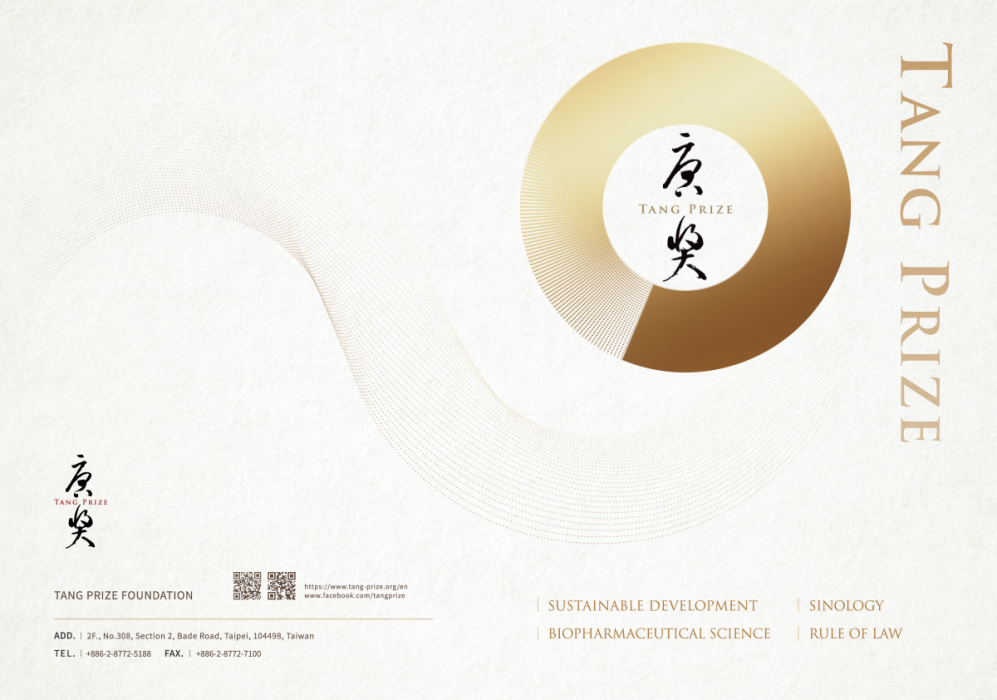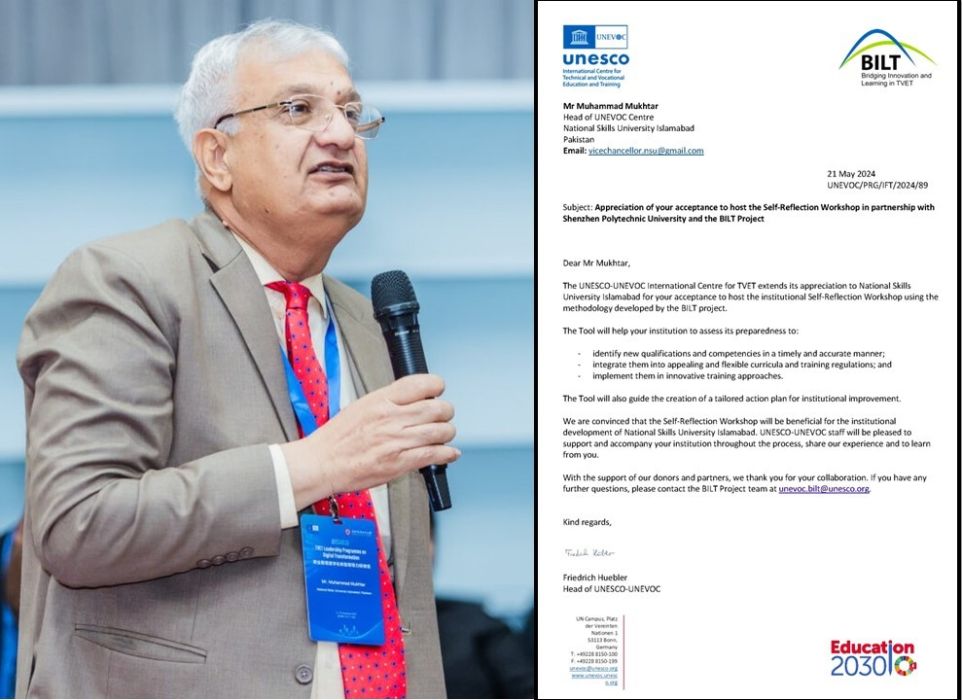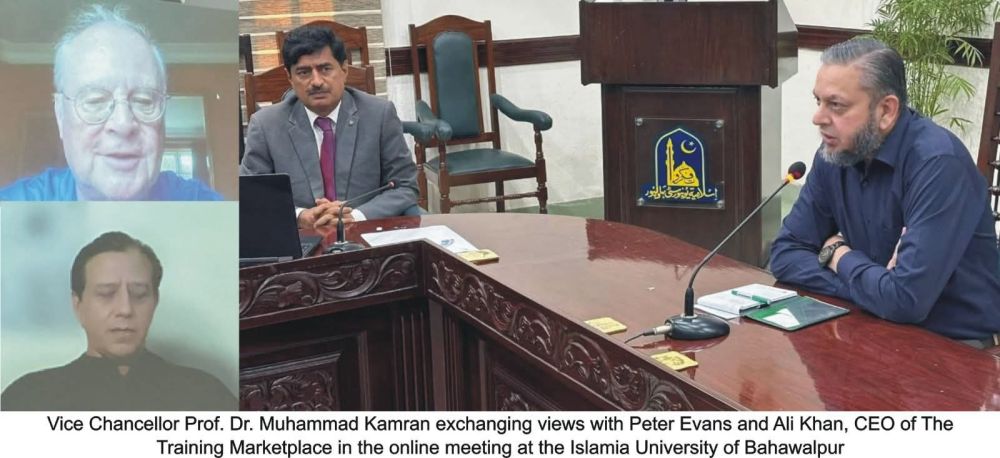224/25 The Tang Prize: Asia’s Answer to the Nobel, Pioneering a New Era of Global Excellence
Posted 4 months ago
Reference for the above photograph is Tang Prize | About
Professor Omar M Yaghi, the 2025 Nobel Prize winner in chemistry, also received the Tang Prize 2024 for Sustainable Development. Several other recipients, like Katalin Karikó and Drew Weissman, joint recipients of the Tang Prize 2022 in Biopharmaceutical Science, received the Nobel Prize in Physiology or Medicine in the following year (shared award).
When most people think of the world’s highest honors, the Nobel Prize immediately comes to mind. Yet in recent years, another global award born in Asia has steadily redefined what it means to change the world for the better.
Welcome to the Tang Prize, Taiwan’s gift to humanity and one of the most forward-looking recognitions in modern times.
Tang Prize - A Vision Rooted in Humanity and Hope
Founded in 2012 by Dr. Samuel Yin, a Taiwanese entrepreneur and philanthropist, the Tang Prize was created to address something the Nobel overlooked: the interconnected challenges of today’s globalized world. Dr. Yin saw how industrial progress and globalization brought prosperity and new crises, such as climate change, inequality, and the erosion of ethics. His answer was simple but powerful: recognize and support people who make the world more sustainable, healthy, just, and culturally connected.
“The Tang Prize,” Dr. Yin has said, “encourages humanity to walk the middle path—between innovation and responsibility, between science and ethics.”
Four Pillars of Progress
The Tang Prize is awarded every two years in four categories, each representing a fundamental area of human advancement:
1. Sustainable Development – Celebrating leaders who fight for the planet’s future through innovation and action.
2. Biopharmaceutical Science – Honoring breakthroughs that save lives and redefine medicine.
3. Sinology – This unique category honors scholars who deepen their global understanding of Chinese civilization, its history, philosophy, art, and how it connects with the modern world. It’s a reminder that knowledge isn’t only about technology, wisdom, and culture.
4. Rule of Law – Rewarding those who defend justice, human rights, and equality.
An Award of Global Scale
Each Tang Prize laureate receives a gold medal, a diploma, and US$1.53 million, including a research grant to further their work. The process is rigorous: a global selection committee of experts, including Nobel laureates, evaluates nominees worldwide regardless of nationality, gender, or religion.
Every two years, Taipei transforms into a hub of intellectual celebration during Tang Prize Week. This festival of ideas, featuring award ceremonies, laureate lectures, and youth symposia that connect world leaders, scientists, and students, is designed to inspire the next generation.
Design That Speaks to the Soul
Even the Tang Prize medal and diploma carry deep symbolism. Designed by Naoto Fukasawa, the medal’s spiral shape mirrors the double helix of DNA, a galaxy, or a dragon, a symbol of growth and the eternal pursuit of knowledge. The diploma, inspired by the four elements water, earth, wind, and fire, connects beautifully with the prize’s four categories, reminding us that life’s foundations are intertwined with human progress.
More Than an Award: Tang Prize A Movement
Behind the Tang Prize lies a philosophy deeply influenced by Chinese wisdom and the Yin family’s legacy of education. Dr. Yin’s father, Shu-Tien Yin, believed that true wealth is measured by possessions and contributions to society. Continuing this vision, Dr. Yin has supported thousands of young scholars through the Kwang-Hua Education Foundation and his efforts at Peking University.
By establishing the Tang Prize, Dr. Yin transformed this belief into a global movement bridging East and West, science and philosophy, technology and ethics.
Importance of Tang Prize
In an era of mounting climate threats, public distrust, and moral uncertainty, the Tang Prize stands out as a beacon of hope. It celebrates not only discovery but also responsibility. It rewards those who combine brilliance with compassion, whether developing life-saving vaccines or fighting for gender equality and legal fairness.
The Tang Prize sends a powerful message: the future belongs to those who don’t just think differently but care deeply.
The Rising Dragon of Global Recognition
Often dubbed the “Asian Nobel,” the Tang Prize doesn’t compete with it but complements it. Where the Nobel reflects 20th-century ideals of discovery, the Tang Prize captures 21st-century realities: sustainability, justice, culture, and human health as interdependent forces.
From the laboratories of the U.S. to the courts of Bangladesh, from ancient Chinese texts to cutting-edge gene therapy, the Tang Prize connects people who are rewriting the human story.
And as the world faces increasingly complex challenges, Dr. Samuel Yin’s creation continues to remind us of a timeless truth:





